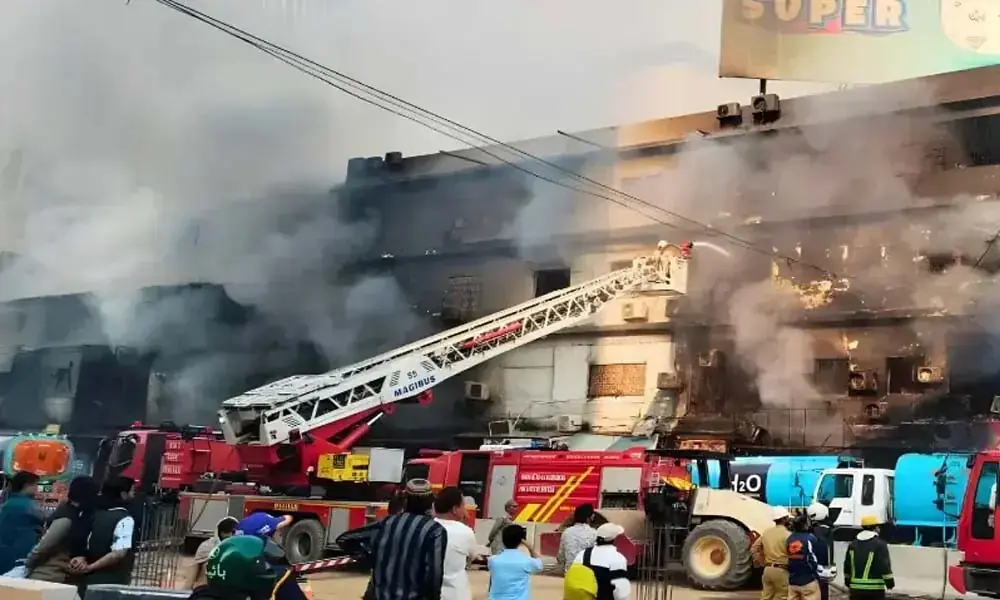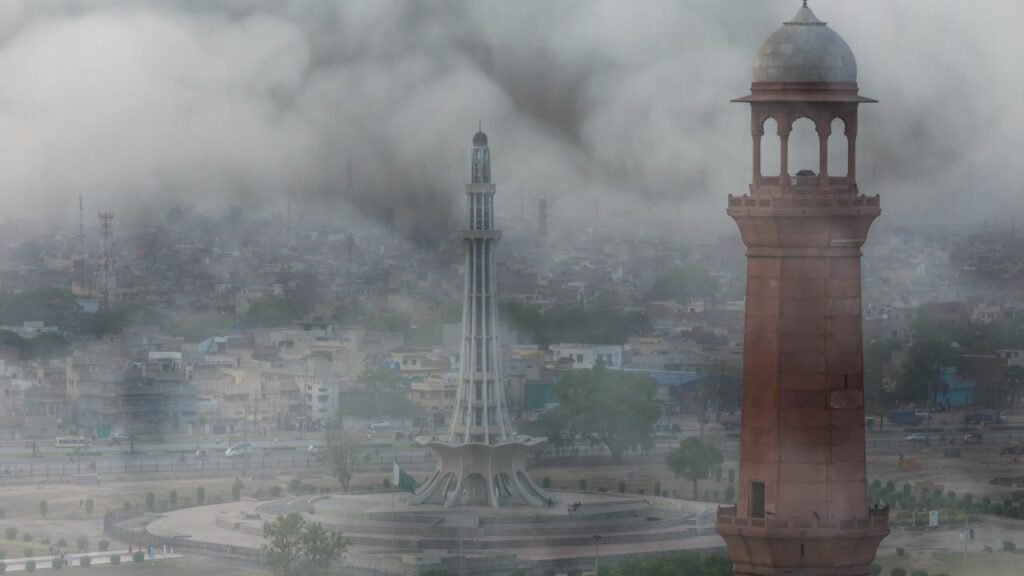Mubashar Nadeem
Pakistan’s jails are facing a severe crisis due to the overwhelming number of undertrial prisoners. Many detainees spend years behind bars awaiting trial, often exceeding the maximum sentence for their alleged crime. Some are later acquitted by higher courts after enduring harsh conditions. Last month, the Supreme Court overturned the convictions of two brothers previously found guilty of carrying out the 2005 PIDC bomb attack in Karachi. The court, in its detailed judgement, recommended that federal and provincial governments enact laws to compensate and rehabilitate victims of miscarriage of justice. It also urged accountability for public officials who neglect their duties.
The ruling underscores deep flaws in Pakistan’s parole, probation, and criminal justice system, which often favours the privileged over the poor. The current legal framework allows investigations and trials to drag on indefinitely. Experts argue that courts should implement strict time limits for both police investigations and trial completion. Reports from the National Commission for Human Rights, the National Academy for Prisons Administration, and Justice Project Pakistan highlight the scale of the crisis: prisons built for 66,000 inmates currently house over 102,000, with three-quarters being undertrial prisoners.
Society often forgets that undertrial prisoners are legally presumed innocent until proven guilty. The Supreme Court’s recent rulings, including the acquittal of high-profile cases, should allow Chief Justice Yahya Afridi to focus attention on legislative reforms and implementation of key judgements regarding bail, legal aid, and protection of the poor. Timely trials could prevent years of unnecessary incarceration and provide relief to many first-time offenders.
Prolonged pre-trial detention carries severe social and psychological consequences. First-time offenders often emerge from prison hardened, which increases recidivism rates. A streamlined judicial process not only ensures justice but also maintains public confidence in the legal system. Reducing trial delays is essential to prevent injustice and protect the rights of detainees.
Jail reform must become a national priority. Besides expanding infrastructure, authorities can explore vocational training and educational programs for inmates. Equipping prisons with electronic monitoring systems for undertrial prisoners could help reduce congestion and ensure that inmates do not languish unnecessarily. These measures would improve prison management and allow limited resources to be directed where they are most needed.
Compensation for acquitted prisoners is another essential step. Providing financial restitution for lost years of freedom may seem a small price, but it recognizes the human cost of wrongful detention. Legislative and administrative frameworks should be strengthened to ensure timely redress and rehabilitation for those wrongly imprisoned.
Parliament and provincial assemblies should prioritize laws that guarantee speedy trials, provide legal aid to poor defendants, and ensure accountability of public officials. Effective judicial oversight, combined with reforms in prison management, can reduce the number of undertrial prisoners significantly and improve overall justice delivery.
A comprehensive approach to criminal justice reform requires coordination between the judiciary, law enforcement, and prison authorities. Police procedures should be streamlined, investigative timelines strictly enforced, and trials conducted efficiently. Delay in processing cases contributes directly to overcrowded prisons and injustices that undermine social trust in the system.
Undertrial prisoners often lack access to adequate legal representation. Expanding legal aid services, establishing fast-track courts, and encouraging alternative dispute resolution mechanisms can alleviate the judicial backlog. Transparent procedures will ensure that only those who pose genuine security risks remain in custody while protecting the rights of the innocent.
Prison overcrowding also poses public health and safety risks. Poor sanitation, insufficient medical facilities, and inadequate nutrition exacerbate the suffering of inmates. Comprehensive jail reform, including better infrastructure, professional training for staff, and modern monitoring technology, is vital for humane detention conditions.
In conclusion, Pakistan’s undertrial population highlights systemic weaknesses in the criminal justice system. Legislative action, judicial reforms, and effective prison management are urgently needed. Timely trials, vocational training, electronic monitoring, legal aid, and compensation frameworks can restore justice and dignity to those wrongly detained. A focused national strategy will ensure that Pakistan’s justice system serves all citizens fairly, not just the privileged few.















